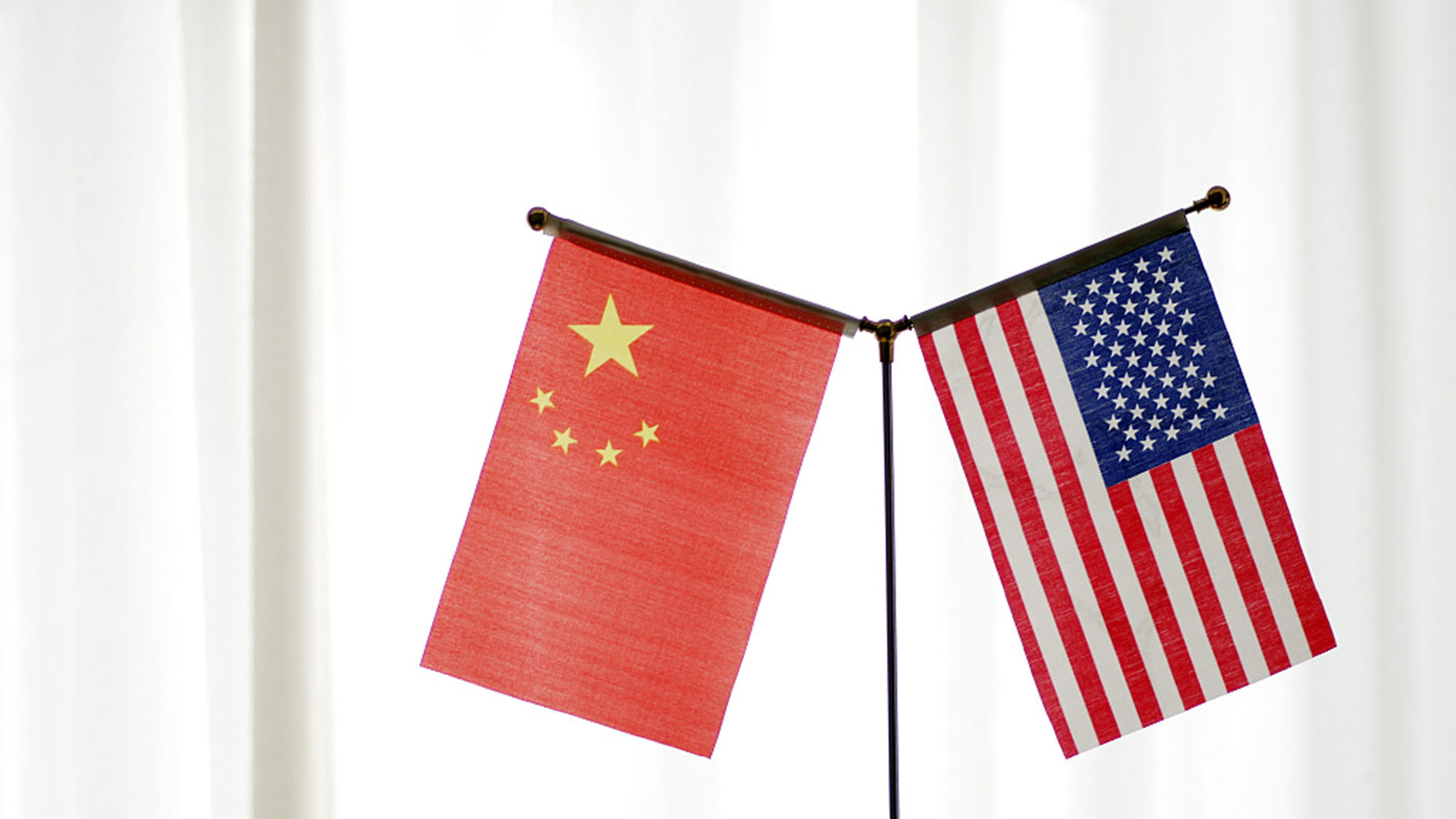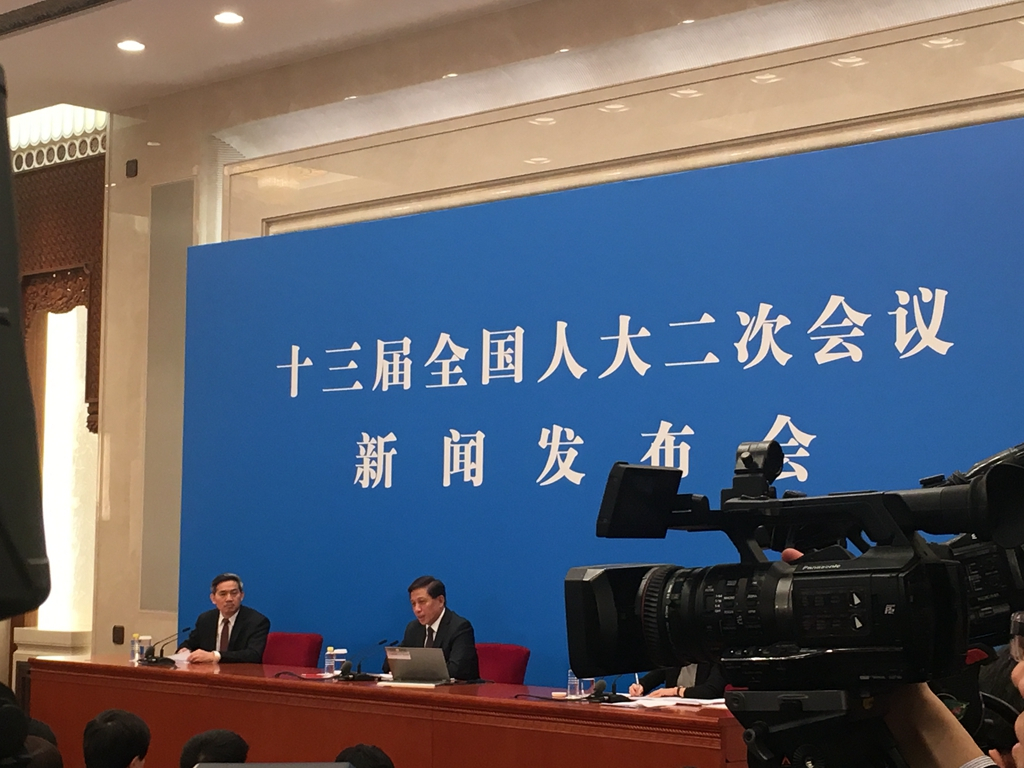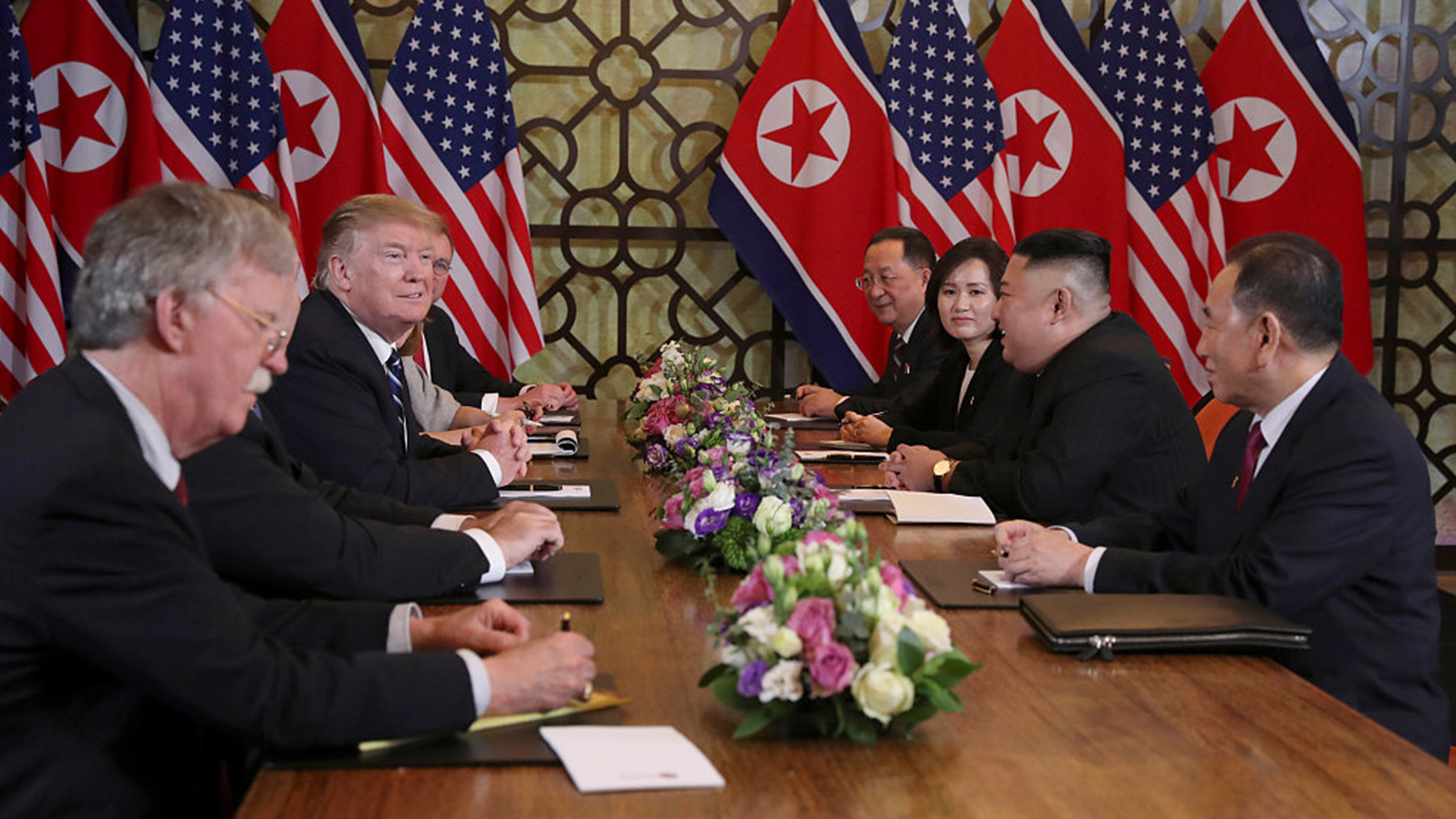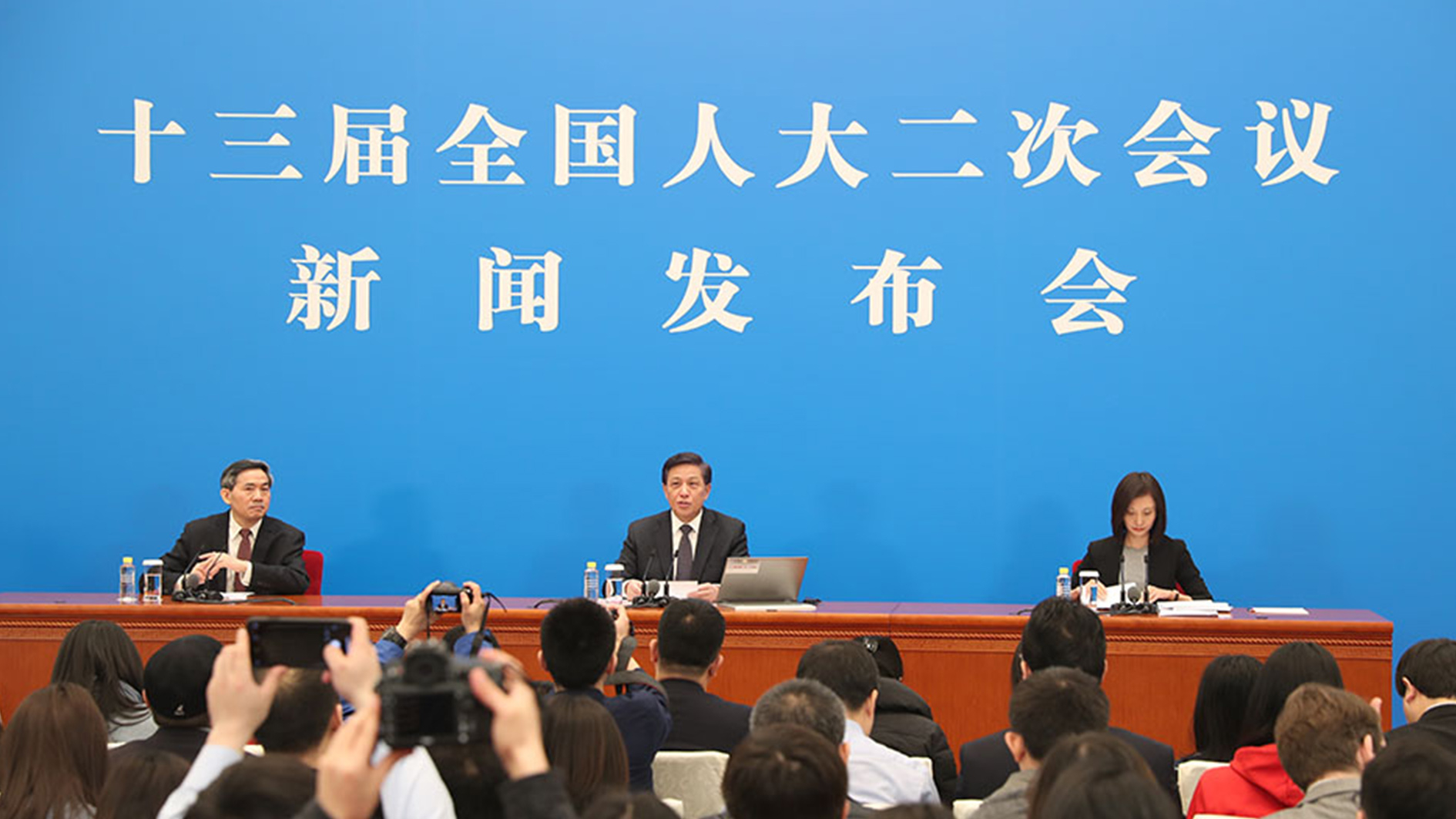
Domestic
12:43, 04-Mar-2019
NPC spokesperson answers questions on China-U.S. ties, DPRK and defense spending
Updated
14:38, 04-Mar-2019
CGTN
08:59

One day before the Second Session of the 13th National People's Congress (NPC) opens in Beijing, Zhang Yesui, the spokesperson for the country's top legislature, briefed the media on the agenda of this year's meeting and answered questions on a range of issues, including China-U.S. relationship, the DPRK issue and China's defense spending.
China's policy on U.S. is firm, consistent
Over the past 40 years, China-U.S. ties have made historic progress with stability and development delivering enormous benefits to the two countries, Zhang said, adding that cooperation is their best bet.

Zhang Yesui (C), spokesperson for the second session of the 13th National People's Congress (NPC), speaks during a press conference in Beijing, March 4, 2019. /CGTN Photo
Zhang Yesui (C), spokesperson for the second session of the 13th National People's Congress (NPC), speaks during a press conference in Beijing, March 4, 2019. /CGTN Photo
China's policy on the U.S., he continued, is consistent and transparent and based on cooperation, no confrontation and mutual respect. Zhang stressed that China will stay firm in safeguarding its sovereignty and interests.
He noted that the two countries are different in terms of culture, history and social development, but insisted that confrontation is not necessary and serves neither side's interests.
He suggested that using a Cold War mentality to deal with new challenges under globalization is not a wise option.
China to play constructive role in DPRK issue
In response to a question on the recent Trump-Kim summit in Hanoi, Zhang said the DPRK issue is highly complicated and sensitive and called on the two sides to keep faith and resolve the issue through political dialogue.
04:33

Both the U.S. and DPRK said they had in-depth conversations and are willing to continue with dialogue, Zhang noted.
The issue is highly sensitive and complicated, and as talks continue, there will be bumps along the road, he said. "We can't expect the issue to be resolved in one or two meetings."
The key is to seek a political solution, achieve full denuclearization, and build a peace mechanism on the Korean Peninsula, he said.
He also reiterated China's commitment to the denuclearization of the Korean Peninsula and its readiness to continue to play a positive and constructive role in its own way.
China's limited defense spending poses no threat to others
Answering a question about national spending on defense, Zhang stated that China's limited defense budget is solely for the purpose of safeguarding its sovereignty, security and territorial integrity, adding that China will not pose a threat to other countries.
04:28

Zhang said whether a country poses a military threat to others depends on the country's foreign and defense policies, rather than on how much its defense spending has increased.
China has always adhered to the path of peaceful development and implemented a defensive national defense policy, he stressed.
He also explained that maintaining a reasonable and moderate increase in defense spending is a need to safeguard national security and adapt to military changes with Chinese characteristics.
Since 2016, China's defense spending has dropped from double-digit growth for five consecutive years to one-digit, Zhang said.
He added that China's defense spending accounted for about 1.3 percent of GDP in 2018, while the defense spending of some major developed countries accounted for more than two percent of GDP.
Highlights of legislative work in 2018
2018 was the first year for the 13th NPC and its standing committee to perform its functions, Zhang said, adding that they have stipulated a number of new laws and introduced amendments to other laws and regulations.
09:37

Asked about the NPC's achievements last year, the spokesperson highlighted some of the legislature's work in 2018. Zhang said, among others, it amended the Constitution to provide a strong guarantee for developing socialism with Chinese characteristics in the new era.
(CGTN's Nathan King contributed to the story.)

SITEMAP
Copyright © 2018 CGTN. Beijing ICP prepared NO.16065310-3
Copyright © 2018 CGTN. Beijing ICP prepared NO.16065310-3